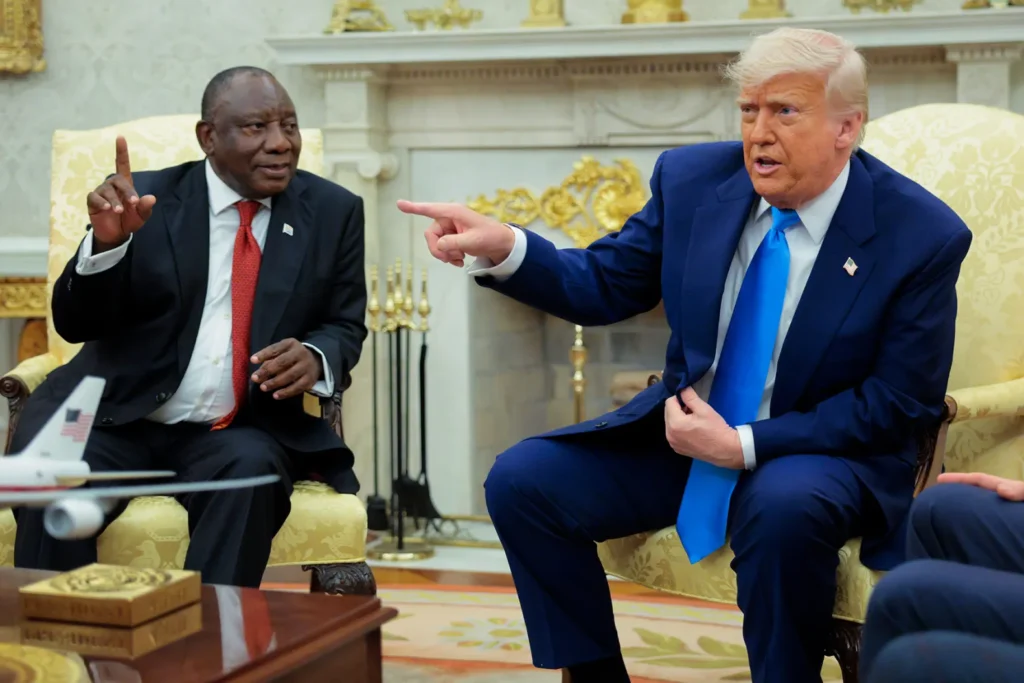U.S. President Donald Trump has announced he may not attend the upcoming Group of 20 (G20) summit scheduled for November in South Africa, citing sharp disagreements with the country’s domestic and foreign policies. Speaking aboard Air Force One, Trump stated, “I think maybe I’ll send somebody else because I’ve had a lot of problems with South Africa. They have some very bad policies.”
Tensions between Washington and Pretoria have escalated in recent years, particularly during Trump’s administration. In February, Trump signed an executive order slashing U.S. financial aid to South Africa, pointing to its controversial land reform policies and what he termed “anti-Western” positions on the global stage.
Among Trump’s main criticisms is South Africa’s land reform initiative aimed at redressing racial disparities rooted in apartheid. The program, known as Black Economic Empowerment (BEE), seeks to transfer land and resources to historically marginalized Black communities. Trump has previously made unsubstantiated claims of “white genocide” and land seizures in South Africa, allegations that President Cyril Ramaphosa has repeatedly rejected.
On the international front, South Africa’s decision to file a case at the International Court of Justice accusing Israel of genocide in Gaza has further strained ties. The case, which has drawn significant international attention, alleges that Israel’s military operations in Gaza following the October 2023 Hamas attack that killed 1,200 Israelis constitute genocide. Israel denies the allegations, framing its actions as legitimate self-defense.
In solidarity with Trump’s position, U.S. Secretary of State Marco Rubio earlier this year boycotted a G20 foreign ministers’ meeting in South Africa. The country currently holds the G20 presidency, which spans from December 2024 to November 2025.
Despite the diplomatic rift, President Ramaphosa has expressed hope that Trump will reconsider and attend the summit, emphasizing the importance of dialogue and cooperation between the two nations. However, with Trump doubling down on his disapproval, it appears increasingly likely that the U.S. may be represented by a surrogate at the global gathering.
The potential absence of a U.S. president at the G20 marks a significant diplomatic moment, highlighting deepening geopolitical divides and the challenges of navigating global leadership in a time of complex international tensions.

